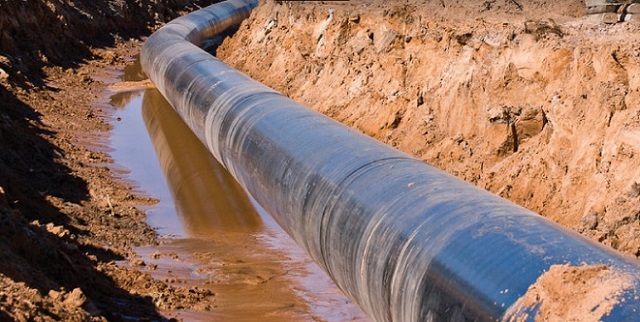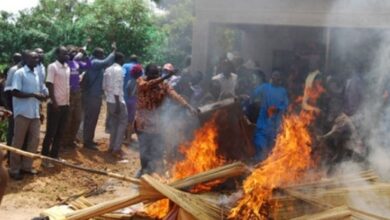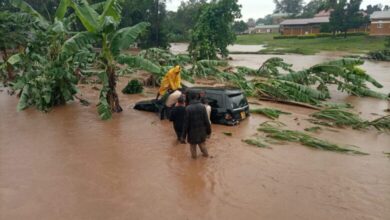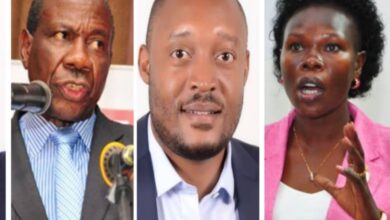
By Guest Writer
Opinion: On the 14th of this month, the media reported that the Bugungu Indigenous people are not benefiting from the oil project (EACOP), but rather that the project is putting people’s lives at stake, which is unfortunate.
It is noted that for the past two years, the Bugungu community has been facing severe problems due to the oil activities in the area, which include flooding that has displaced many people, submerged houses, and hit the shores of Lake Albert since 2020, which community members have been depending on for fishing as one of their major economic activities, hence causing food insecurity.
Other challenges are unemployment in the area and an increase in wildlife attacks, especially elephants from Murchison Falls National Park, in villages. This is another problem people in oil host communities are facing. This has resulted in the loss of human lives and significant property damage.
In addition to the above, on June 23, media reported that three people were killed by the stray elephant, and these people include a 42-year-old woman identified as Janet Bero Pamungu, Abdu (15), and 67-year-old Moogo Ungyiera. They caused harm to some in the last two years in Buliisa subcounty, which is one of the areas where oil activities are taking place.
Further, the elephants have not only stopped killing people but have also been raiding the people’s crops ever since the oil activities started, destroying gardens of cassava, maize, pumpkins, sweat potatoes, mango trees, and oranges.
This has led to a state of fear and insecurity among the local population. It is also noted that children who travel long distances to school have dropped out because of a state of fear and insecurity.
Fredrick Watumu, director of the Buliisa Paralegals Association, noted that the elephant invasion is caused by oil drilling companies that have encroached on wildlife-protected areas, which has forced wild animals to move out of their habitat, leading to human-wildlife conflict.
The oil activities in the parks and the developments taking place in Buliisa have forced the stray elephants to come to areas occupied by people, and this is putting people near the national parks in tension.
While I understand and appreciate the government’s role in preserving wildlife and protecting these magnificent creatures, it is noted that the escalating conflict between humans and elephants is reaching a critical level, and the safety of community members is being seriously compromised. The development of hundreds of oil wells that dot the shores of Lake Albert is said to have caused a new threat to the pristine environment.
I therefore call upon the government to ensure that the oil host communities benefit from the oil projects rather than getting threats in return. This can be done through various means, such as the implementation of transparent revenue sharing mechanisms and measures such as designated wildlife corridors, buffer zones, and conservation programs, to help mitigate the impact on the habitats of elephants and other wildlife.
Additionally, investing in community development projects, education, healthcare, and infrastructure can ensure that the local population benefits economically from the oil projects without negatively impacting the environment.
The government, through the Uganda Wildlife Authority, should collaborate with local organizations and community leaders to raise awareness about living in harmony with wildlife and educate the community about how to respond appropriately during encounters with elephants to minimize harm.
The Uganda Wildlife Authority, along with relevant stakeholders, conservationists, and experts, should also implement long-term sustainable strategies that ensure the protection of wildlife while safely guarding human lives and livelihoods to end human wildlife conflicts in the host communities.
The author is Olive Atuhaire, an AFIEGO Research Associate.
Disclaimer: As UG Reports Media LTD, we welcome any opinion from anyone if it’s constructive for the development of Uganda. All the expressions and opinions in this write-up are not those of UG Reports Media Ltd. but of the author of the article.
Would you like to share your opinion with us? Please send it to this email: theugreports@gmail.com.






